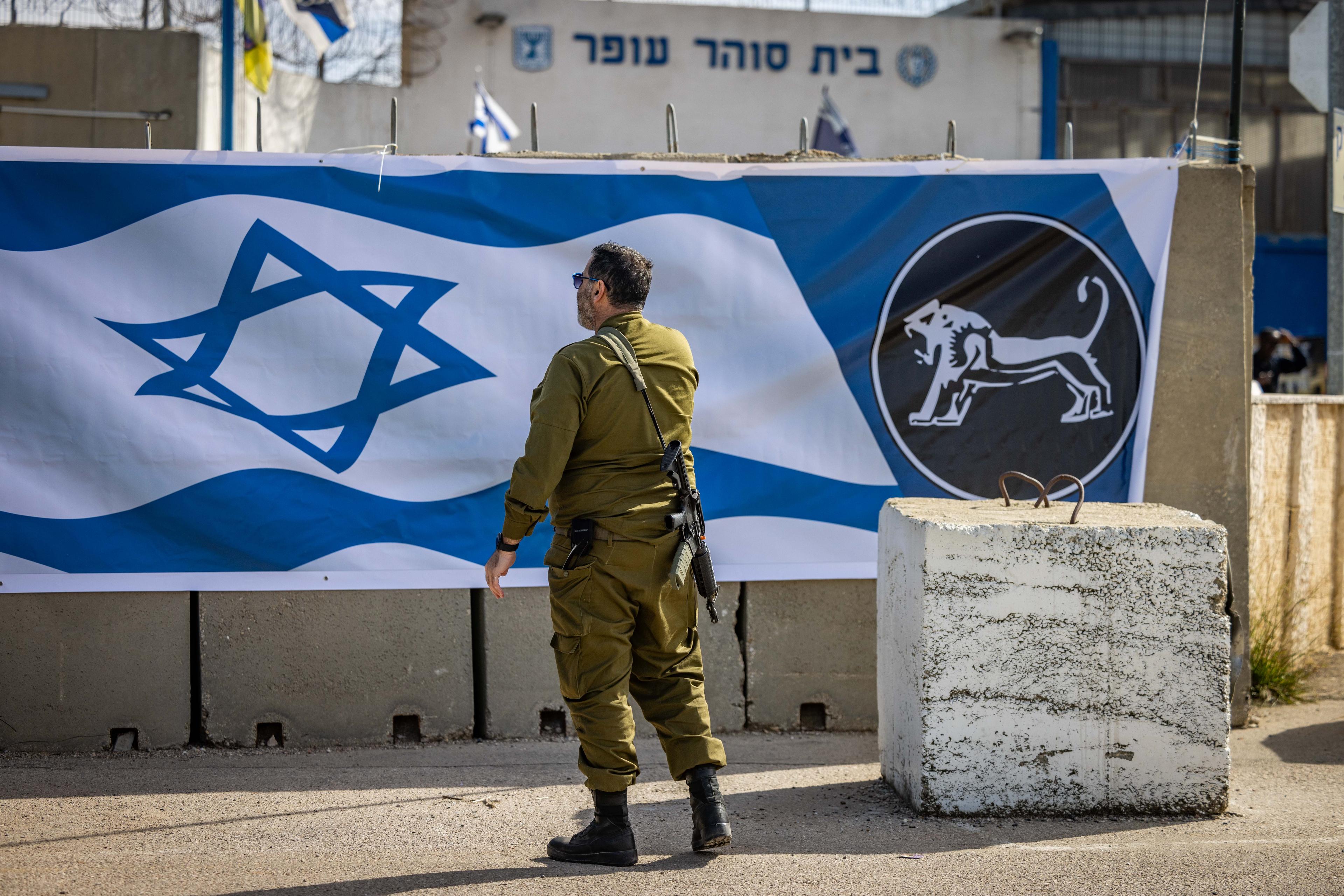Bittersweet
'October 7th Part 2': Rabbi's Explosive Warning About Israel's New Hostage Deal Shakes Religious Community
During his lecture at the Ramat Gan Hesder Yeshiva, Rabbi Shapira revealed sharp criticism of the new deal: dangerous, threatening, but also full of hope. The Rabbi calls on the Religious-Zionist public to maintain a strong spirit, focus on courage and faith, and not surrender to fears and weaknesses, even in the face of international pressure.

In a significant address at the Ramat Gan Hesder Yeshiva, prominent Religious-Zionist leader Rabbi Yehoshua Shapira offered a nuanced perspective on Israel's latest hostage agreement, characterizing it as both "dangerous" yet necessary to navigate with strength.
Speaking to students and faculty on Friday, Shapira drew a stark parallel with past security decisions, dubbing the current agreement "October 7th Part 2" while warning of potentially severe implications. "The joy of hostages returning cannot mask the heavy prices that might follow this deal," he stated during his lecture.
However, Shapira's criticism was balanced with historical context, citing unexpected positive outcomes from previous security agreements, particularly regarding Hezbollah in northern Israel. "Sometimes unexpected results change reality for the better, even when the deal initially seems problematic," he noted, drawing from past experiences.
The rabbi particularly addressed the Religious-Zionist community's response to the agreement, cautioning against what he views as counterproductive reactions. "Playing the victim is not our way," he emphasized, calling instead for a measured approach rooted in traditional Jewish values of resilience.
Addressing mounting international pressure on Israel, particularly from the Biden administration, Shapira urged for steadfast resolve. He characterized current U.S.-Israel tensions as a challenge to be met with strategic patience rather than reactive politics.
"We must not sink into hysteria or statements that weaken the national spirit," Shapira advised, emphasizing the importance of maintaining public morale during this critical period. His message stressed the balance between acknowledging genuine security concerns while maintaining national resilience.
The rabbi's remarks come at a crucial moment as Israel grapples with complex decisions regarding hostage negotiations while maintaining its military objectives in Gaza. His message highlighted the tension between immediate humanitarian concerns and longer-term security considerations that currently dominate Israeli public discourse.
"Even when we face enormous difficulties, we must remember there is always light at the end of the path," Shapira concluded, framing current challenges within a broader historical perspective of national endurance.
Arutz Sheva contributed to this article.